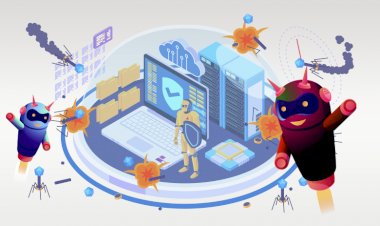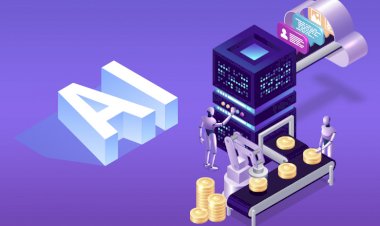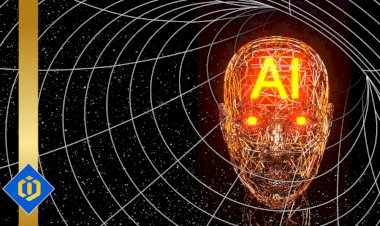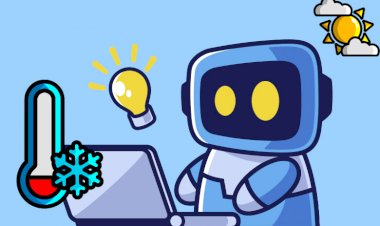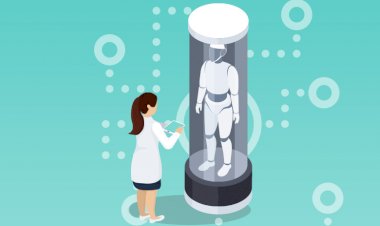How Will AI Change Agriculture and Food Industry?
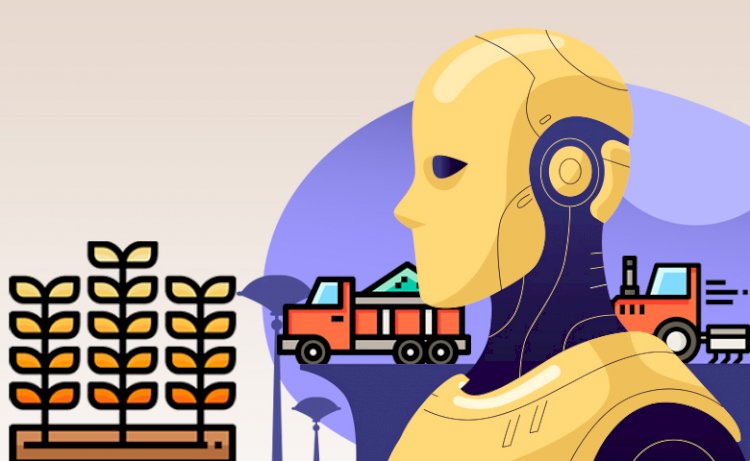
Agriculture is changing as a result of the application of artificial intelligence (AI) and machine learning, becoming more productive, sustainable, and economical. In this article, we'll examine how AI is affecting agriculture and what that might imply for the future of food production.
agriculture with precision.
Precision agriculture is one of the main ways that AI is transforming the agricultural industry. Machine learning algorithms can examine data from sensors and cameras to identify crop health, soil moisture, and other elements that influence crop growth and yield.
Utilizing this information will allow for the optimization of planting and harvesting schedules as well as the early detection of potential issues.
A better management of resources.
Resource management in agriculture can also be enhanced by AI. Using data from weather sensors and other sources, machine learning algorithms can analyze schedules for fertilization and irrigation as well as forecast weather patterns.
This can help minimize waste, use less water and fertilizer, and increase the overall sustainability of food production.
concerns and difficulties.
Despite the potential advantages of AI in agriculture, there are still issues and challenges that need to be resolved. The possibility of job displacement is one of the main worries, as AI and automation may replace some jobs in the agricultural sector.
The potential for data privacy and security risks is another issue, as using AI in agriculture may make it more likely that there will be cyberattacks and data breaches.
Agriculture and artificial intelligence in the future.
Agriculture will be more and more affected by AI as it develops. We can anticipate seeing more advanced machine learning algorithms that can help increase crop yields, decrease waste, and make food production more effective and sustainable.
However, it's crucial to approach the application of AI in agriculture with caution and address any potential issues before they arise. By doing this, we can make sure that AI is used to feed the world in a way that is both efficient and sustainable.
Conclusion.
By enhancing precision and resource management, AI and machine learning are revolutionizing agriculture and enhancing the sustainability and efficiency of food production. But there are also significant ethical and practical issues that must be resolved.
We can make sure that AI is used to feed the world more sustainably and efficiently while also fostering a more just and prosperous future for everyone if we proceed cautiously with its use in agriculture and address any potential concerns.
An Analysis by Pooyan Ghamari, Swiss Economist with Expertise in the Digital World

 content-team
content-team 


